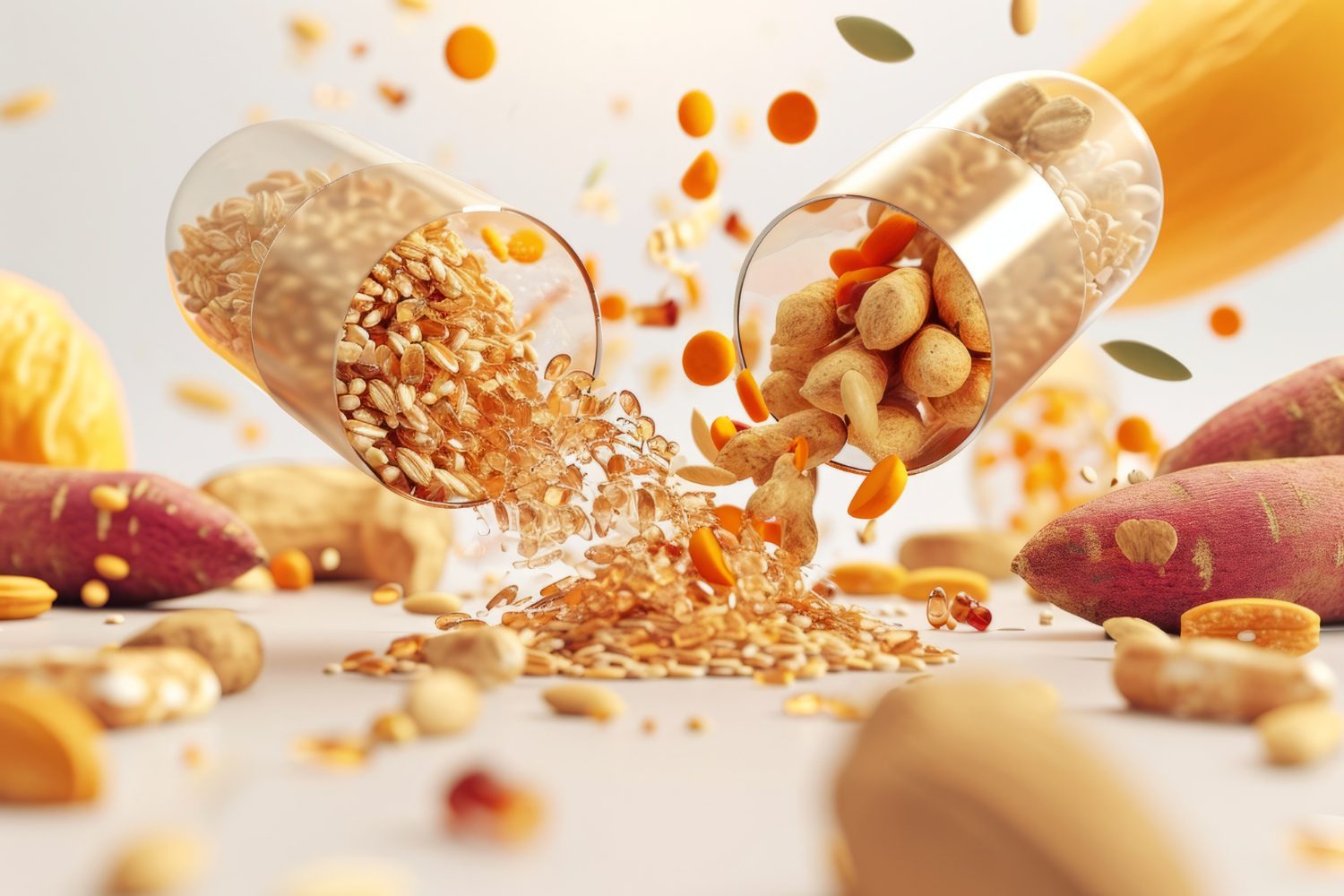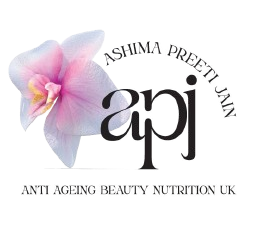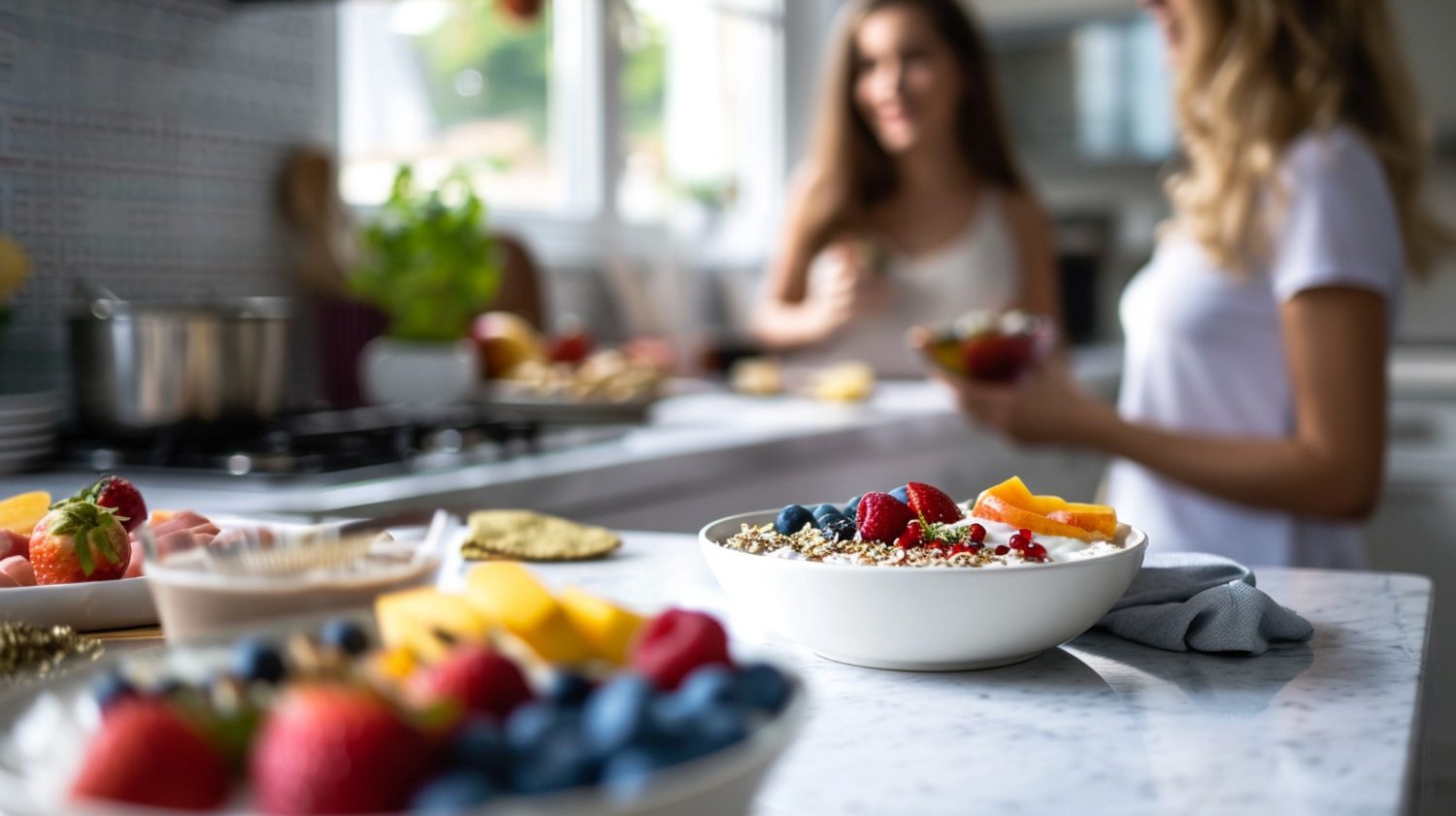
Your daily diet is a major factor in obtaining and preserving healthy, radiant skin. Your diet can either improve your skin’s health or exacerbate existing issues. In this article, we’ll examine the connection between skin health and diet, going over how nutrition affects your skin and providing helpful advice for keeping your complexion looking great.
Knowing the Relationship Between Food and Skin
Your skin is the largest organ in your body and a good measure of your overall health. The nutrients your diet supplies your body with affect a number of aspects of skin health, including:
- Radiation: Maintaining skin suppleness and avoiding dryness requires drinking enough of water.
- Production of Collagen: The structural protein collagen maintains the suppleness of your skin. Amino acids and vitamin C are essential nutrients for collagen.
- Protection against UV Damage: Antioxidants found in food, such as vitamins A, C, and E, can aid in shielding your skin from UV radiation.
- Control of Inflammation: Psoriasis and acne are two skin disorders that are brought on by chronic inflammation. Eat foods low in inflammation to help control these problems.
- Healing Wounds: Zinc and vitamin K are two nutrients that aid in wound healing, reducing scarring and fostering good skin restoration.
Dietary Supplements for Good Skin
Let’s now discuss some particular nutrients that are good for skin health:

- Chemin: Vitamin C, which is present in bell peppers, citrus fruits, and strawberries, aids in the synthesis of collagen and shields the skin from oxidative damage.
- Egg: Vitamin E, which functions as an antioxidant and promotes skin regeneration, is abundant in nuts, seeds, and spinach.
- Acid: Vitamin A is present in sweet potatoes, carrots, and leafy greens and is necessary for the renewal and repair of skin cells.
- Fatty Acids Omega-3: Omega-3 fatty acids, found in walnuts, flaxseeds, and fatty seafood like salmon, lower inflammation and keep skin hydrated.
- Zinc: Zinc, which is present in whole grains, nuts, and lean meats, promotes skin healing and controls the formation of oil.
Foods to Restrict or Steer Clear of
Similar to how some foods can support good skin, others might make skin problems worse. Restricting or avoiding:
- Sugar: Reduce your sugar intake. Consuming a lot of sugar can cause glycation, which weakens collagen and elastin and causes early aging.
- Foods Prepared: Excess salt and trans fats can exacerbate skin issues and cause irritation.
- Fat: Dairy products may make acne worse for certain people because of hormonal reasons.
- Alcohol: Overindulgence in alcohol can dry the skin and cause inflammation, which manifests as redness, swelling, heat, and pain.
Well-Being Routines for Bright Skin
Adopting these healthful practices can improve the vitality of your skin even more in addition to eating a balanced diet:
- Remain Hydrated: To keep your skin hydrated, drink lots of water throughout the day.
- Sun Protection: To shield your skin from UV ray damage, wear protective clothing and apply sunscreen.
- Acquire enough Sleep: Adequate sleep encourages skin restoration and cell renewal.
- Control Stress: Stress exacerbates cutaneous problems. Practice meditation and yoga to relieve stress.
In summary
One of the most effective strategies for obtaining and preserving good skin is your nutrition. Eating foods high in nutrients and avoiding those that harm your skin will help you look younger and feel better overall. For further guidance on what to eat to preserve the health of your skin, consult a dermatologist as different skin types may require different nutritional needs.







